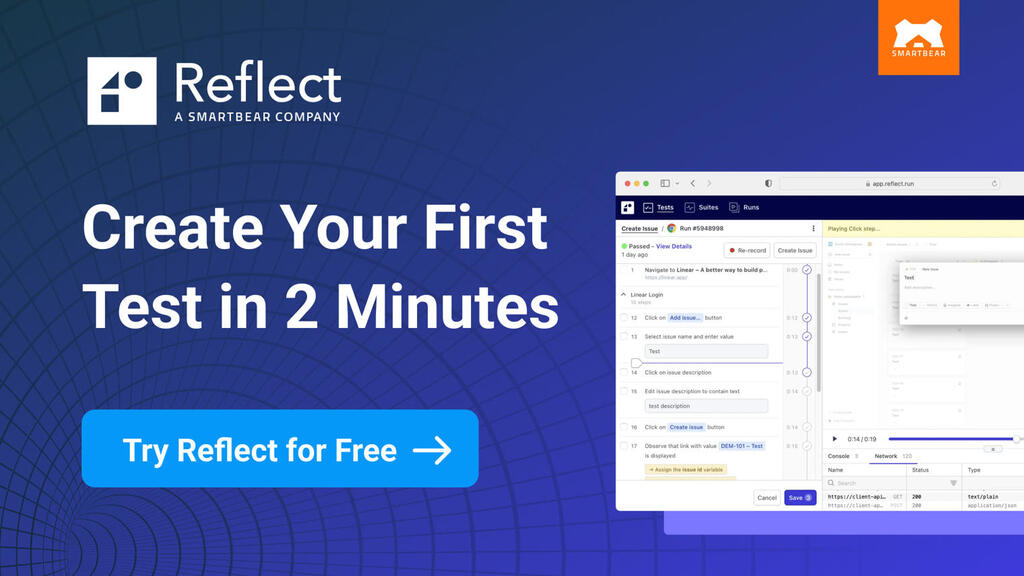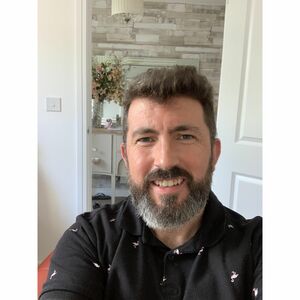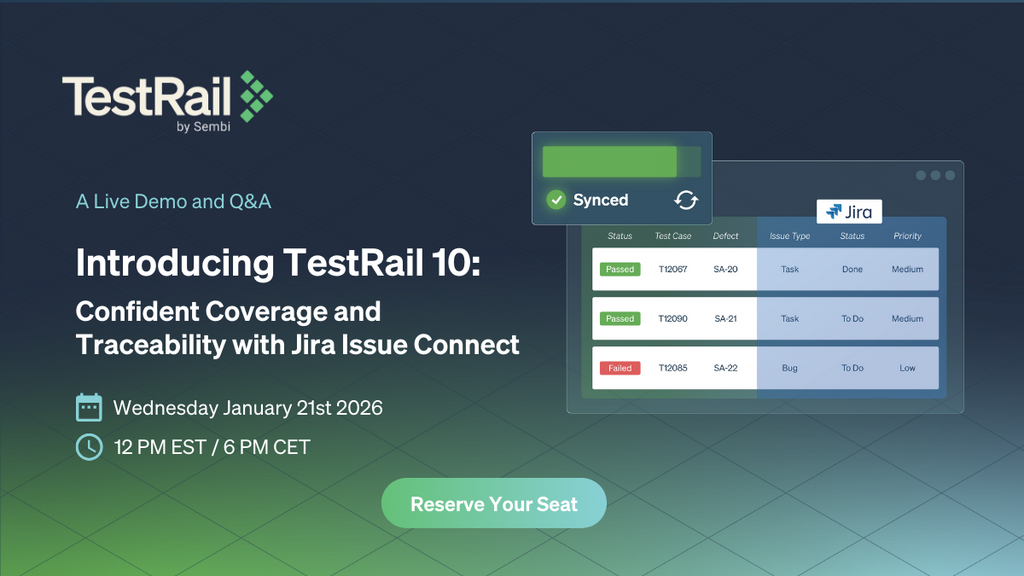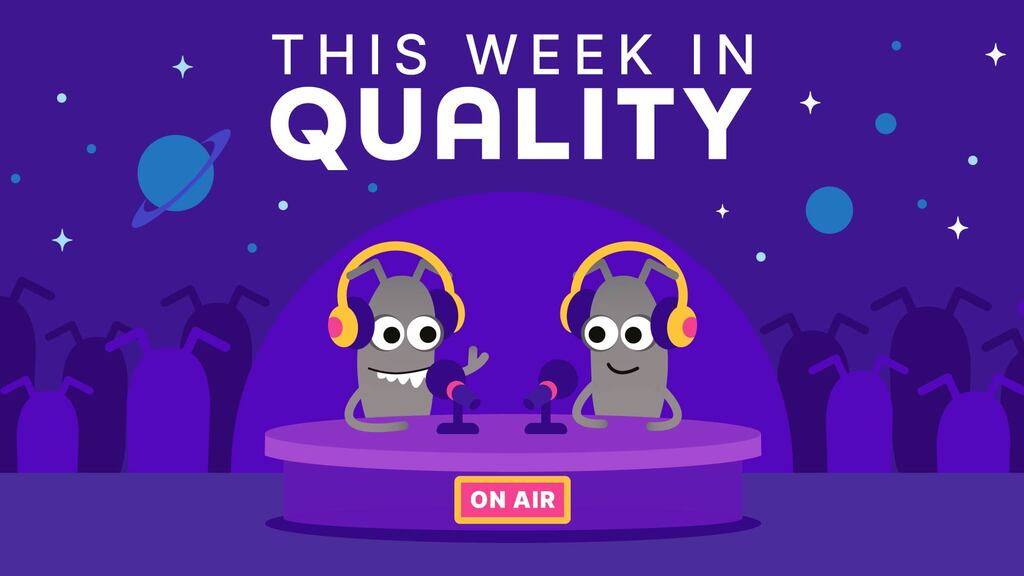Keep spending most of our lives living in the tester’s paradise…
Apologies to Stevie Wonder and the late Coolio. But it is true. There is paradise if we seek it in our everyday lives working in QA.
Paradise as a concept brings with it many different meanings and connotations. The paradise I speak of is my mindset when I know that, no matter what is happening around me, I have a choice in how I respond to it. When you know you have a choice. you start to operate at a whole new level.
Most of what we experience on a day to day level can be broken down into the following three categories, all of which can be seen as “wins”:
- Experience that is to be enjoyed
- Lesson or challenge that we can take something from for future improvement
- If neither of the above applies, it’s simply part of the process
This article takes a dive into many different areas:
- Headspace
- Outcome planning for the day
- Maintaining energy and focus
- Keeping track of progress
- Timed work and rest with the Pomodoro® Technique
- Making the best of meetings
Creating Headspace
As a QA professional, I've come to realize that every day is an opportunity to create my paradise at work. To achieve this, I make sure to start the day with purpose and energy. Instead of jumping straight into work, I spend the first 10 minutes meditating with Headspace. This helps me slow down my breathing and clear my mind for calmness to ensue.
Daily Outcome Planning
Next, I write down my plan of outcomes for the day in my diary, breaking it down into different areas of my life, such as spiritual growth, family, friends, personal growth, maintenance, alone time, and fitness. I then take a 10-minute walk around my neighborhood without headphones, allowing me to focus on the day ahead and visualize what needs to be done. This is also a time to reflect on why I do what I do and who benefits from my work.
Maintaining Energy And Focus
Throughout the day, I maintain my energy and focus. Everyone is different, some excel early in the morning, others flourish at the end of the day. I am an early bird and it's that purpose and energy (supported by the first hit of coffee in the morning) that gives momentum until lunch time.
This is where the body will let you know that it is time for a nutritious lunch. Nothing prepares you better for food than a nice cold drink of water (not sure of the science behind it - but when something works - why question it?). It is usually after lunch, after eating and when the early morning energy is slowly ebbing, that I take corrective action in the form of a power nap. It should not last longer than 15 minutes, and it’s best to set an alarm, preferably one of the more subtle ringtones on your phone. The purpose is not to sleep, but to simply to sit comfortably with eyes closed. Will you fall lightly asleep? Possibly, but the important thing is when the alarm sounds,stand up, stretch, and switch your mind back to the job at hand, feeling refreshed by the recharge.
When I find an issue or defect, I treat it as the most important issue I’ve ever raised and, with laser focus, I put in the effort to make a difference. I ensure that the issue is recorded in an objective manner so that it's easily understood by people in different work roles on my team.
Keeping Track Of Progress
There is a saying, although I am unable to quote the individual who coined the term:
“You are only as good as your last email / defect raised / test case designed / presentation given (anything that has tangible value).”
What is great about this is that regardless of what has gone before, the only true basis for comparison you have is your most recent activity. Let that motivate, inspire, and encourage you to better things.
Timed Work and Rest With The Pomodoro® Technique
I use the Pomodoro® Technique to plan for energy drops and stay productive. This involves setting times for focus and times for recharge, such as taking a break for a cup of coffee, stretching, or watching something funny on YouTube.
The name ‘Pomodoro’ comes from a tomato timer in the kitchen of the individual who created the technique; Francesco Cirillo. Its premise is to divide 2.5 hours into four chunks of time, or “pomodoros”, broken down into the following:
- 25 minutes — Focus only on the task at hand, without disruptions like looking at your phone or the email notification that just popped up. When the timer hits 25 minutes, stop working on the task! (For the timer, I use the alarm function on my watch or phone.)
- 5 minutes — Switch away from the previous task for five minutes, This could be to walk into the kitchen, make a drink, stretch the legs.
- Repeat this another three times and after the fourth 25-minute period, take a 30-minute break from the activity.
This works equally well in planning correspondence periods, which could consist of:
- Reviewing email: (separate those that require action from those that can be set aside into another folder)
- Reviewing Jira notifications (as with email, decide whether further action is required on each notification, leaving unread those that don’t require any action)
- Reviewing recent chat notifications on the team communications application (such as Microsoft Teams or Skype)
Making The Best Of Meetings
What about the next meeting? Have you been asked to speak or give an update? Do the preparation: feel the inevitable fear that may arise and strive to give a concise update that will be understood.
And make sure your energy level is optimal. I am fortunate to have a rising desk. So whenever there is a meeting, I always ensure I am standing up. I’m not sure about the physics behind it, but my energy level is always better if I am standing. The desk is lowered for all other tasks.
Think of your update and the people who will be attending, and ensure some preparation has been made for it. Jot the notes down in bullet format and practice reciting this in your head in the lead-up to the meeting. Then it is showtime — your update is the one that matters. You are that valuable!
Your Wellbeing At Work Matters
As a QA professional, I believe that we add value to the organization through our output and relationships with other teams. We are no longer barriers to success, but rather leaders who empower others to achieve their goals. To do this, we need to be proactive and not wait to be asked to carry out a task.
In summary, I believe that creating paradise is possible by starting the day with healthy rituals, maintaining energy and focus throughout the day, and adding value to the organization. As a QA professional, it is up to me to lead by example and inspire others to do the same.
For Further Information
- The Headspace app
- Stevie Wonder - Pastime Paradise
- Coolio (feat L.V) - Gangsta’s Paradise
- The Pomodoro® Technique. Retrieved 8 May 2011.
- The 7 Habits of Highly Effective People (25th anniversary edition), Covey, Stephen (2013), Simon & Schuster UK
- Inspiration … and Burnout, with Maryam Umar
- Don’t Be A Superhero, with Ali Hill





